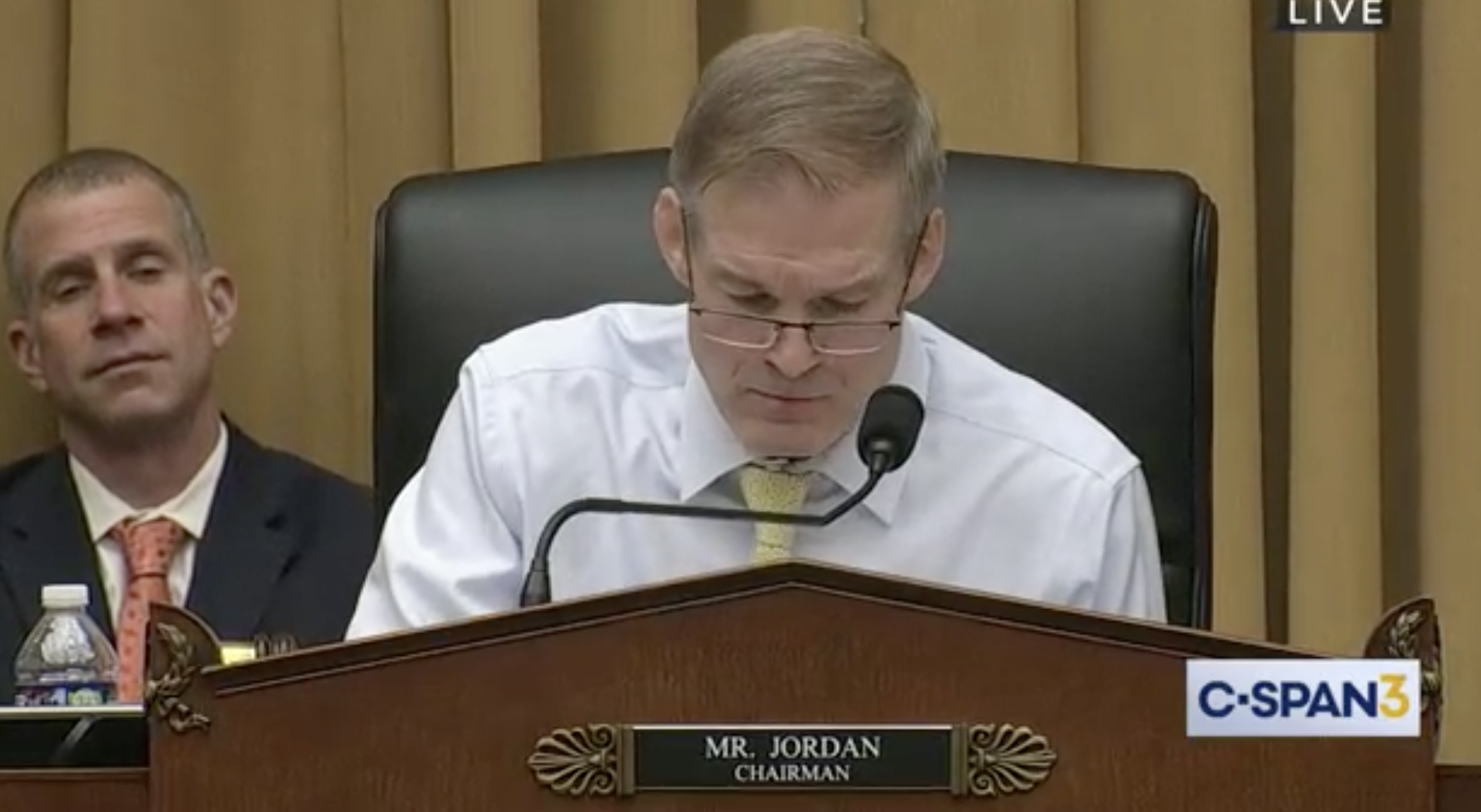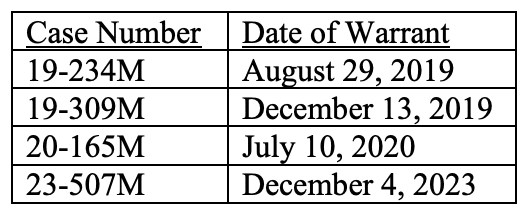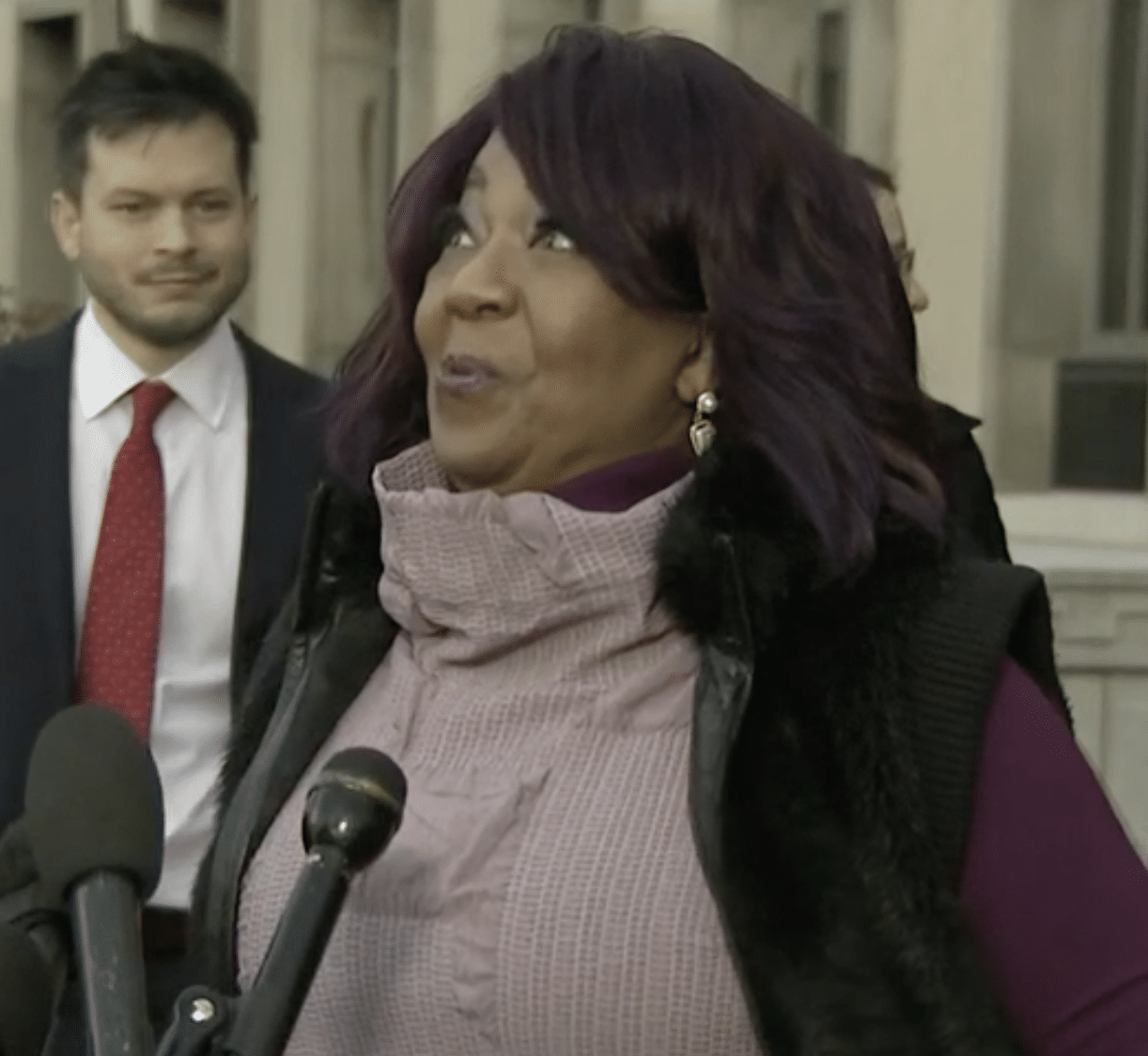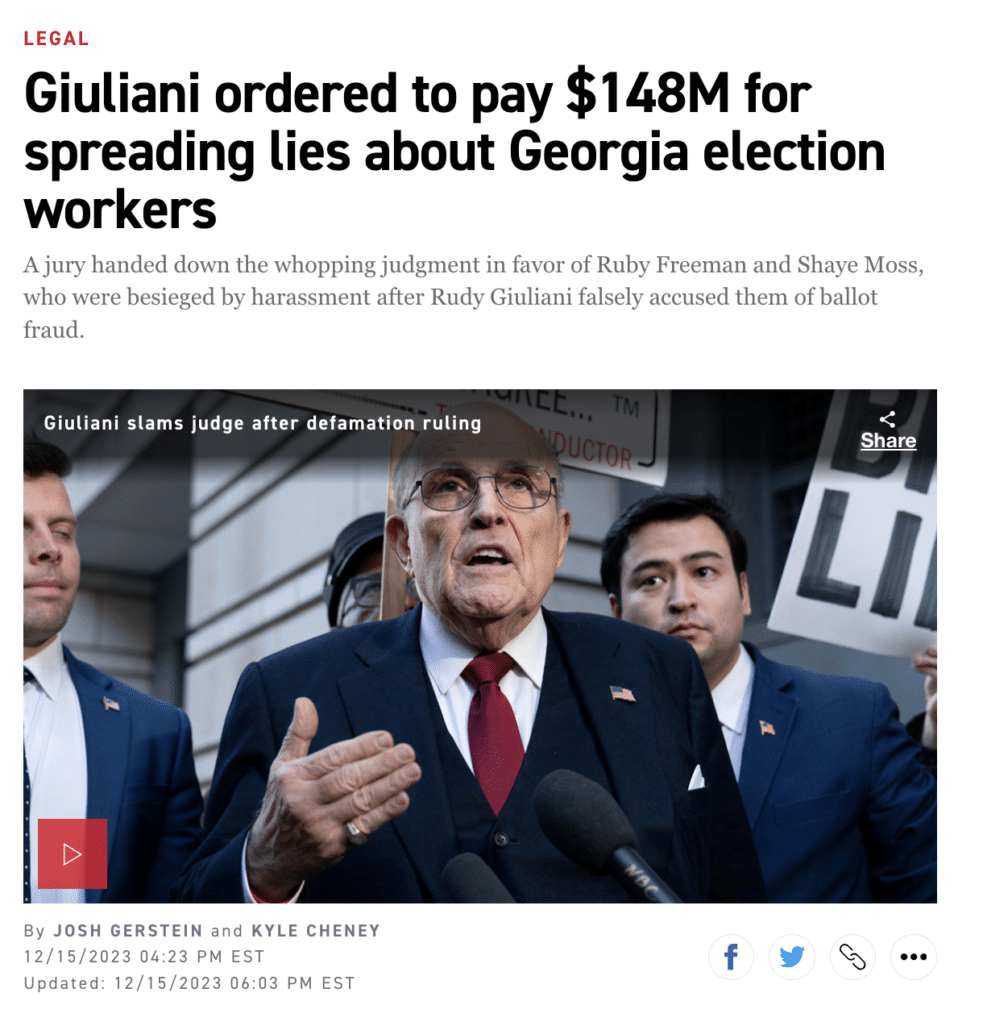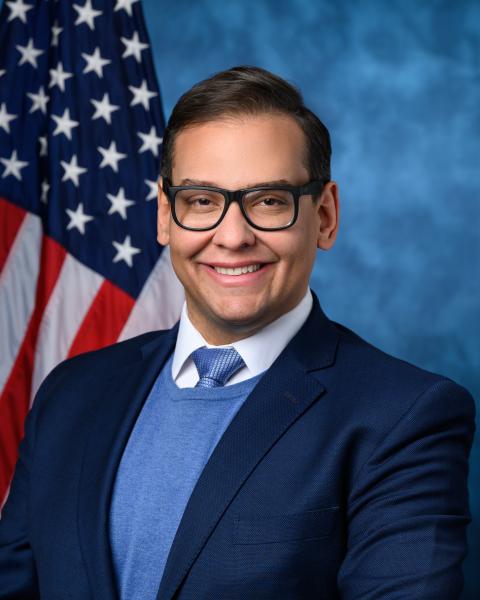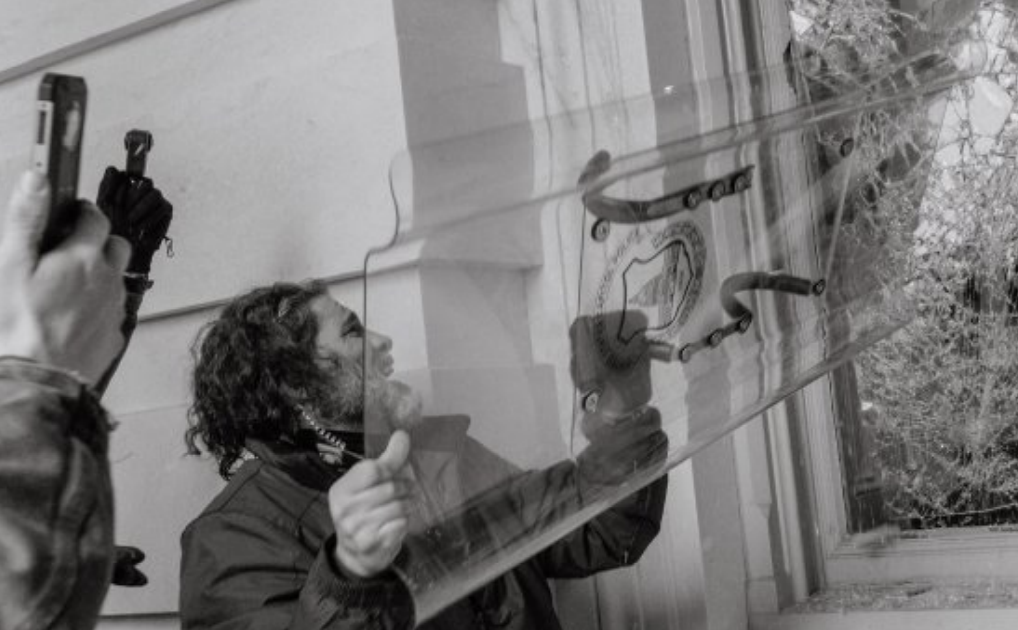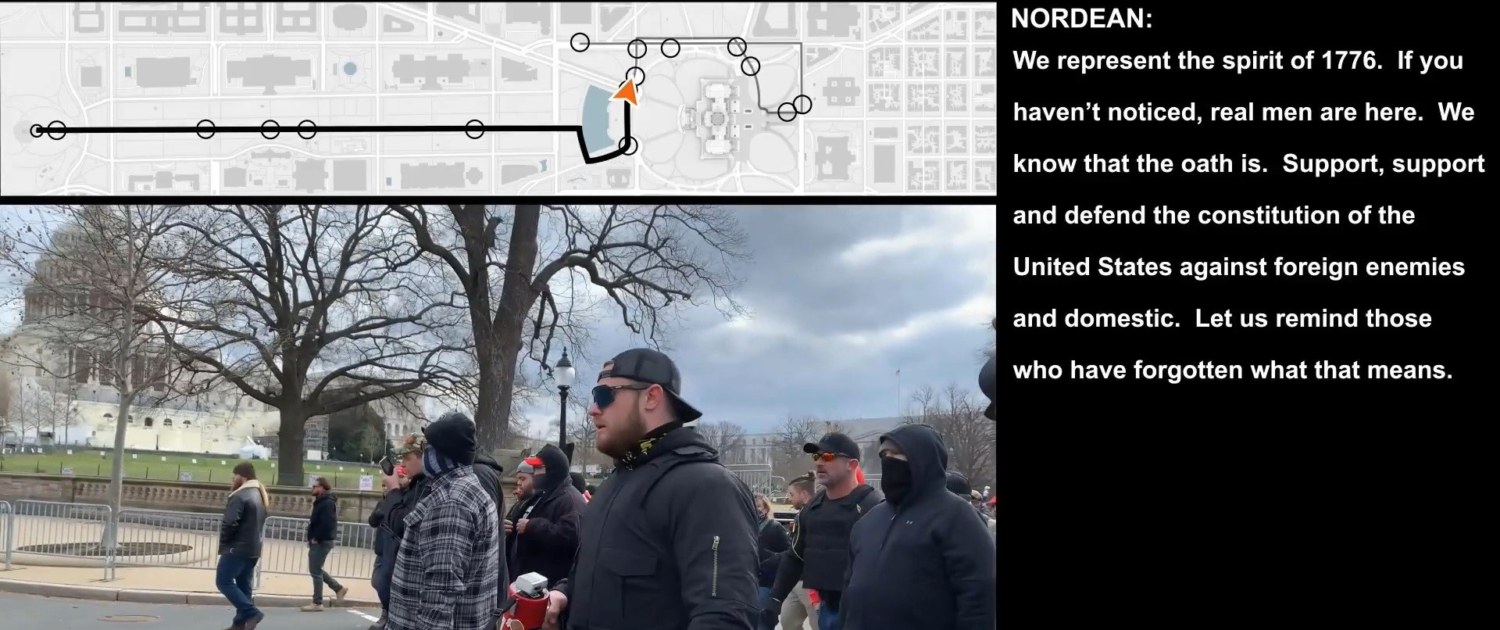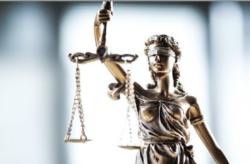Three Ways Jim Jordan and James Comer Made Trump Less Safe
With the exception of an initial question that attempted, with no success, to pin down Donald Trump’s recent communications with Bibi Netanyahu (Trump instead described the last time he had met Bibi face-to-face, before asserting he had not spoken to him), the questions at last Thursday’s press conference were truly abysmal. Half were horse race questions, many posed from a presumptively pro-Trump position. And that’s before the question about why god miraculously saved Trump’s life.
But there were a few questions yelled out after the Cheerio questions that were more interesting, such as what Trump thought about Ukraine’s incursion into Russia and what he thought about the hack of his campaign (which WaPo has confirmed targeted Susie Wiles).
While I originally thought this response from Trump was a response to the Ukraine question, I think, instead, he was responding to the hacking question.
Can you say anything about the hacking of your campaign?
I don’t like it. Really bad. I’m not happy with it. Our government shouldn’t let that happen.
Does there need to be a government response?
Yeah there should be. Our government should not let — they have no respect for our government.
Trump blamed the government after, earlier in the Potemkin Presser, he had already predicted that “we” will be friendly with Russia’s increasingly critical ally, Iran.
We will be friendly with Iran. Maybe, maybe not. But they cannot have a nuclear weapon. We were all set to make sure they did not have a nuclear weapon.
Yesterday, the FBI, CISA, and ODNI attributed the hack — and efforts to compromise people close to President Biden — to Iran.
This includes the recently reported activities to compromise former President Trump’s campaign, which the IC attributes to Iran. The IC is confident that the Iranians have through social engineering and other efforts sought access to individuals with direct access to the Presidential campaigns of both political parties. Such activity, including thefts and disclosures, are intended to influence the U.S. election process. It is important to note that this approach is not new. Iran and Russia have employed these tactics not only in the United States during this and prior federal election cycles but also in other countries around the world.
I find it remarkable that Trump is blaming the government — and not just because he himself begged Russia to hack his opponent in 2016 and the worst recent hack, Solar Winds, happened under his stewardship.
I find it remarkable because key Trump allies like Jim Jordan and James Comer have been working hard to make him less safe.
They’ve done so in several ways (and LOLGOP and I laid out in this bonus episode of Ball of Thread).
First, in their effort to spin government efforts to combat foreign malign influence and election-related dis- and misinformation as an attack on free speech, they’ve demonized the effort to combat such influence operations, particularly efforts of the Cybersecurity and Infrastructure Security Agency, which in 2020 confirmed the integrity of the election.
Jordan and Comer also championed the views of Matt Taibbi and Michael Shellenberger, the latter of whom has been obsessed about misrepresenting a report that Stanford’s Internet Observatory offered in 2020 to provide guidelines about what to do with potentially hacked information.
“Since Daniel Ellsberg’s 1971 leak of the Pentagon Papers,” wrote the authors, “journalists have generally operated under a single rule: Once information is authenticated, if it is newsworthy, publish it…. In this new era, when foreign adversaries like Russia are hacking into political campaigns and leaking material to disrupt our democracy and favor one candidate, journalists must abandon this principle.”
Stanford’s goal was explicitly to change norms so journalists would not do what they did in 1971 with the Pentagon Papers. “The more news outlets that embrace a new set of norms, the more resilient American media will be against exploitation by malicious actors,” the authors write.
The authors, Grotto and Zacharia, proceed to celebrate news media not reporting on things the national security state doesn’t want them to report.
[snip]
The authors describe how the news media will, in real life, cover the Hunter Biden laptop, in October 2020. “Focus on the why in addition to the what,” they say. Make the disinformation campaign as much a part of the story as the email or hacked information dump. Change the sense of newsworthiness to accord with the current threat.”
Quinta Jurecic cited the Stanford Report when advocating that journalists exercise more caution with the materials believed to derive from an Iranian hack.
But the shame of having been so thoroughly played by foreign intelligence was stark enough that many journalistic institutions reconsidered their approach in advance of the 2020 vote. An influential Stanford report recommended that journalists presented with potentially hacked material “[m]ake the disinformation campaign as much a part of the story as the email or hacked information dump”—focusing on “why it was leaked as opposed to simply what was leaked,” and taking care to establish that the material is authentic and not a malicious forgery.
This appears to be the approach that major news outlets contacted by the mysterious “Robert” are taking so far.
If we had listened to Jordan and Shellenberger, the media would have to publish those stolen documents.
Finally, there are Jordan’s efforts to undermine cooperation between the FBI and tech companies, and his personal targeting of Elvis Chan.
That cooperation appears to have been instrumental in halting the hacking campaign targeting both Biden and Trump’s campaigns. Microsoft and Google may have first identified the hacking attempts. Indeed, in a recent report on Iran’s hacking efforts, Google describes proactively contacting the FBI.
For many years, Google has worked to identify and disrupt malicious activity in the context of democratic elections. During the 2020 U.S. presidential election cycle, we disrupted APT42 attempts to target accounts associated with the Biden and Trump presidential campaigns.
In the current U.S. presidential election cycle, TAG detected and disrupted a small but steady cadence of APT42’s Cluster C credential phishing activity. In May and June, APT42 targets included the personal email accounts of roughly a dozen individuals affiliated with President Biden and with former President Trump, including current and former officials in the U.S. government and individuals associated with the respective campaigns. We blocked numerous APT42 attempts to log in to the personal email accounts of targeted individuals.
Recent public reporting shows that APT42 has successfully breached accounts across multiple email providers. We observed that the group successfully gained access to the personal Gmail account of a high-profile political consultant. In addition to our standard actions of quickly securing any compromised account and sending government-backed attacker warnings to the targeted accounts, we proactively referred this malicious activity to law enforcement in early July and we are continuing to cooperate with them.
In their effort to undermine initiatives to combat disinformation, Jordan and Comer spent two years demonizing this kind of cooperation. They spent a year targeting Elvis Chan, the FBI agent whose day job is precisely this kind of coordination with Silicon Valley companies to prevent hacks using their infrastructure, based on conspiracy theories Taibbi and Shellenberger spread about the tech companies decision to throttle the original Hunter Biden laptop story, going so far as suing Chan because he wanted to be represented by both FBI and his own counsel for testimony to the House (they dropped the suit Thursday, though I have yet to get an explanation of why).
Trump has spent years demonizing the Deep State. At Trump’s behest, Jordan and Comer have spent two years attacking the Bureau. But on both Iran’s assassination attempt and this hacking attempt, the Deep State saved his ass.

